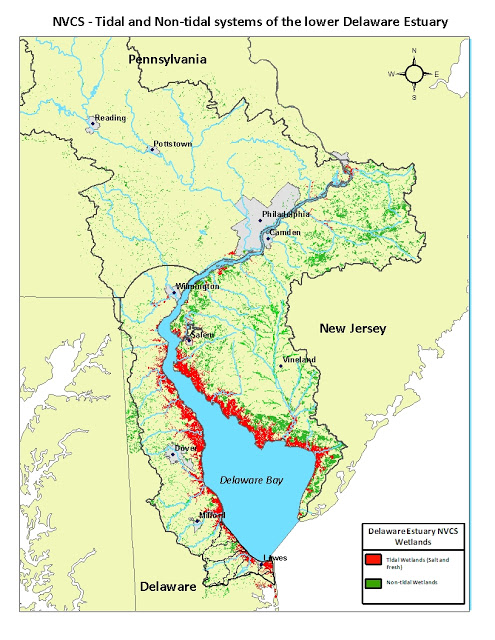A NJ.com headline caught my eye: “‘Contract’ isn’t a magic word in N.J. pension legal battle, lawyers argue”
A claim by public worker unions that they have a right to full pension funding challenges the core of New Jersey’s constitutional structure, attorneys for the state said in a brief filed Friday.
I find odd the silence from Republicans (and everyone else?) as Gov. Chris Christie’s attorneys appear to challenge the fundamental supremacy of the rule of contract law that holds together much of Anglo-American jurisprudence and property law.
I mean, I guess there’s a valid question about whether or not the state can make and be bound by contracts in violation of the constitution, but I’m not really sure the contract in question is in violation of the constitution.
To my untrained eyes at least, they’re making some pretty bizarre constitutional arguments (mostly centered on state balanced-budget requirements and the like) to prove that contention.
In principle, it sounds similar to the arguments being raised (on the issue of constitutional tax caps) by moderate tax reform advocates, about not binding future legislators by decisions of current legislators/voters — except that in Colorado’s case, they’re challenging the validity of certain state constitutional provisions (which took away the legislature’s effective authority to raise taxes at all) under the U.S. Constitution, rather than (as New Jersey is doing) trying to void contracts because they conflict with stringent state constitutional requirements.
Moreover, even if the New Jersey contracts are indeed unconstitutional, issuing bad-faith contracts is a pretty big problem as far as governing strategies go…and also tends to undermine the strength of contract law in the country.
I don’t have much else to add on this topic at the moment, but I’m flagging it now in case it develops into a bigger story later.





